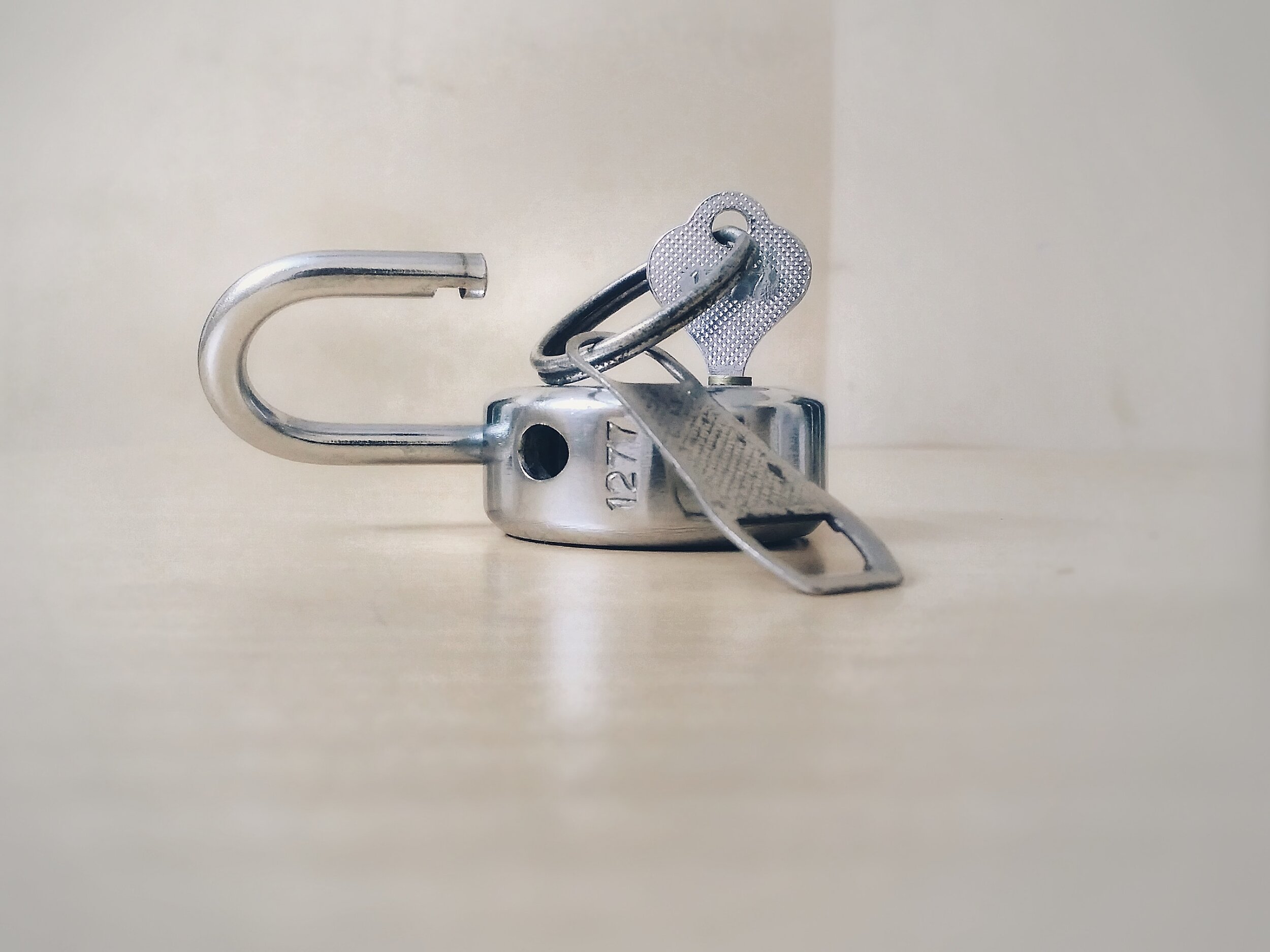Ep. 15 - Freedom & Responsibility: The Capacity to Respond
In this episode, the hosts discuss about how freedom and responsibility are understood in existentialism and in Existential Analysis, the relationship between freedom and responsibility, the significance of these concepts in our lives, and how to cultivate freedom and responsibility in clinical practice.
Freedom represents the human beings’ capacity to make a choice in a given situation, and, in so doing, to be responsible or able to respond to the demands of a particular situation. Understood this way, freedom and responsibility go hand in hand: we are responsible only to the degree that we are free. We are responsible only when and where we are free, and where we can give our free consent. We cannot be responsible if we are not free. Hence, people who feel overly responsible in the sense of feeling obligated or burdened by responsibilities are not acting freely and cannot be truly responsible.
Responsibility is not primarily a moral construct nor is it an obligation or duty. Rather it represents a response-ability, namely, the capacity to respond in a given situation by making free choices in that particular situation. Hence, wherever we have a capacity to respond, even if only an exceedingly small one, we are free. Viktor Frankl wrote about the gap of freedom as the space between stimulus and response where we can be responsible and choose; at the very least, we can choose our attitude towards an unescapable existential situation like chronic suffering or death itself.
As human beings we are condemned to freedom (Sartre) but often we tend to forget how free we are as we succumb to blindly following rules and prescriptions while looking up to perceived authorities to tell us what to do. This way we surrender our freedom, or we escape from freedom. One of the reasons for wanting to surrender our freedom is that freedom may evoke anxiety or Angst: being free means that I am the only one responsible to make the choices that will constitute my existence. It means that I am asked to show up, to take up my existence, and to make choices. There is no one else in this world who is responsible for living my life, and for the choices that I am making in this life. In order to deal with this anxiety, some people self-impose or surrender to limitations and restrictions, and tend to project self-inflicted restrictions onto others, claiming that we are not free when in fact it is more convenient and easier to leave it up to others to tell us what to do.
The capacity to experience and appreciate freedom requires some form of resistance and some limitations. We experience our freedom when we come across some limitations that shape our choices. Paradoxically, if we only have unlimited choices, we are losing touch with our freedom. For example, the current pandemic may bring out a renewed sense of freedom by encouraging us to become aware of what we can still do as we face multiple restrictions. We may deepen our appreciation of freedom by finding it inwardly and in rather mundane activities that we took for granted before the current restrictions.
We can cultivate freedom and responsibility in our daily living as well as in our clinical practice by:
Striving to take a personal position in situation that require a decision
Realizing that responding does not mean to give the answer required by someone but to take a position towards that demand and to invite a dialogue about it
Encouraging ourselves and our clients to see their struggles and need for an answer as invitations not as demands
Refusing time pressure and acknowledging that I am free to take a minute, to access and sit with myself so that I see how I am moved and whether a feeling emerges
Rejecting the impulse to be quick, to fill up the spaces, and to elaborate
Recognizing that there is a lot of freedom in not having an answer as it encourages us to adopt a phenomenological attitude to look for openness, for the “I don’t know”, and for silences
Resisting the oppression of productivity
Clarifying what is true responsibility and distinguishing responsibility from duty and obligations
Recognizing that it is better to choose something and be wrong rather than looking at all possibilities and not making a choice or waiting for someone else to tell me what to do
Acknowledging resistance and limitations are “trainers” in freedom and responsibility
